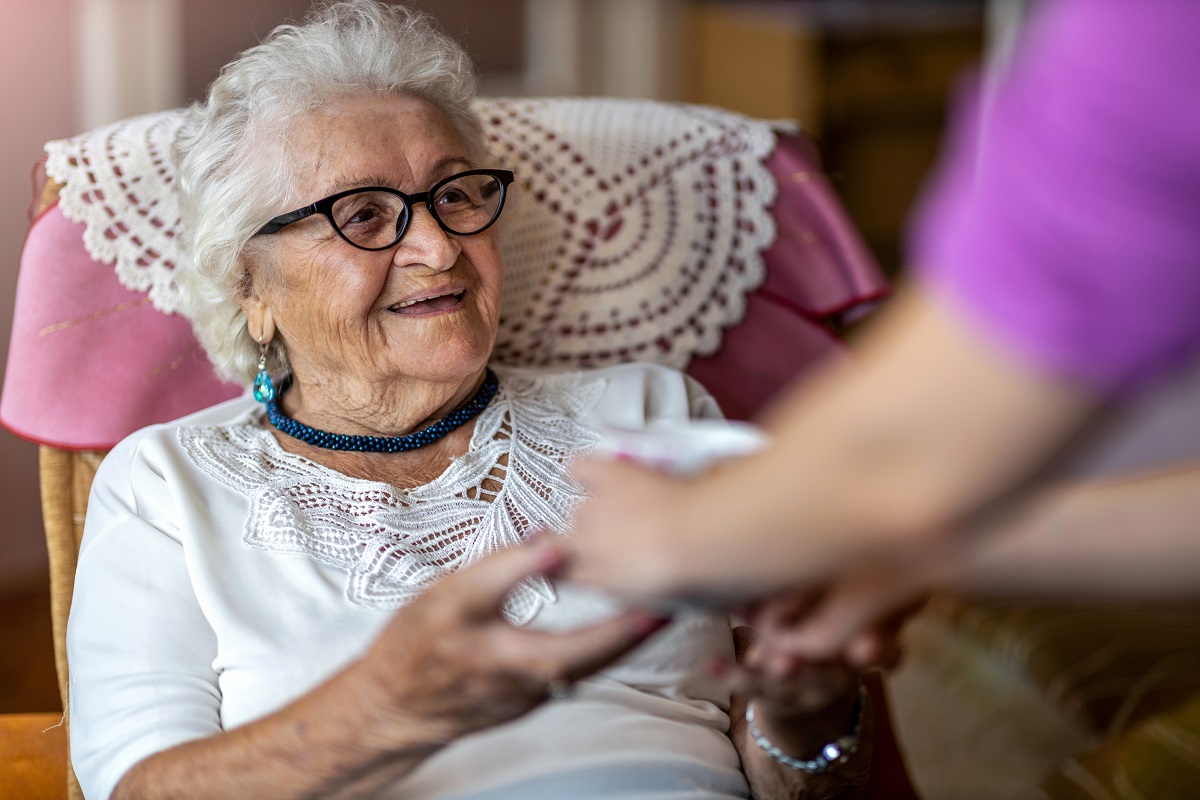Loneliness amongst family caregivers is far more common than you might think. In fact, more than 8 out of 10 people who are caring for loved ones feel lonely. * When you’re caring for someone, loneliness can often creep up on you and your relationship inevitably changes.
Why caregivers feel lonely
Many family caregivers find themselves with very little money. (The Carers Allowance, if they can get it, is only £64.60 per week). So even if they do manage to find the time to socialise, their choices can be so limited that they may well decide it just isn’t worth it:
* 45% of caregivers can’t afford to take part in social activities
Even if they do go out and see friends, many carers still don’t confide in in them, fearing perhaps that they just won’t understand:
* 36% of caregivers feel uncomfortable talking to friends about caring
* 57% have lost touch with family and friends as a result of caring
It’s hardly surprising then that caring becomes a lonely, isolating experience. For those caring for a loved one with dementia, the loneliness can be intensified by the condition itself. Many dementia caregivers can find themselves dealing with 2 types of loneliness
1- Missing other people: You might feel lonely because you spend most of your time at home with the person you care for. Friends and family do their best, but they have busy lives and might not live very near. Going out is becoming increasingly difficult. Maybe you, or your loved one, has mobility issues and aren’t able to drive anymore, can’t cope with public transport but can’t afford taxis.
2- Missing the person you love: This tends to happen slowly. At first, spending a lot of time together wasn’t so bad…But now the roles are changing; communication is slowing down, they’re becoming more dependent on you and less able to have a good conversation, recall a special occasion, or even remember who you are. Understandably, you’re finding the differences difficult, upsetting and at times traumatic.
Loneliness and the dementia journey: What can happen
Early stage dementia – even if the person you care for remains independent and has only mild symptoms of dementia, you may still experience moments of acute loneliness. It may catch you off guard, perhaps when you’ve just reminded them – again – what day it is, or when you realise that you can’t watch a film together anymore because they can’t follow the plot. This might also make you feel sad and tearful.
Moderate stage dementia – you find yourself doing more practical caring tasks, largely without help. You’re often worn-out and realise your world is becoming smaller and smaller. You might also feel depressed and forgotten.
Advanced dementia – if you’re still caring for your loved one at home you’ll probably find this the loneliest time of all, you might also be experiencing anticipatory grief and loss.
What you can do
Start thinking about yourself: Many carers cope with the demands of the job by putting their own needs to one side. Whilst this might sometimes be necessary, if you do it too often it can become a habit that’s quite difficult to break.
Reach out: Try to find a few minutes each day to make contact with the rest of the world, whether that’s speaking to a friend in person, on the phone or even chatting on social media, it could help you feel more connected and less isolated.
Find peer support: Don’t think anyone in your friendship group really understands? Share how you feel with another caregiver. You might be surprised to find they are experiencing something very similar and that you are not alone after all. Start by joining our Unforgettable Dementia Support Group here and find some like-minded friends!
SHARE
Explore more




